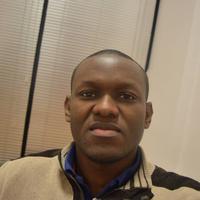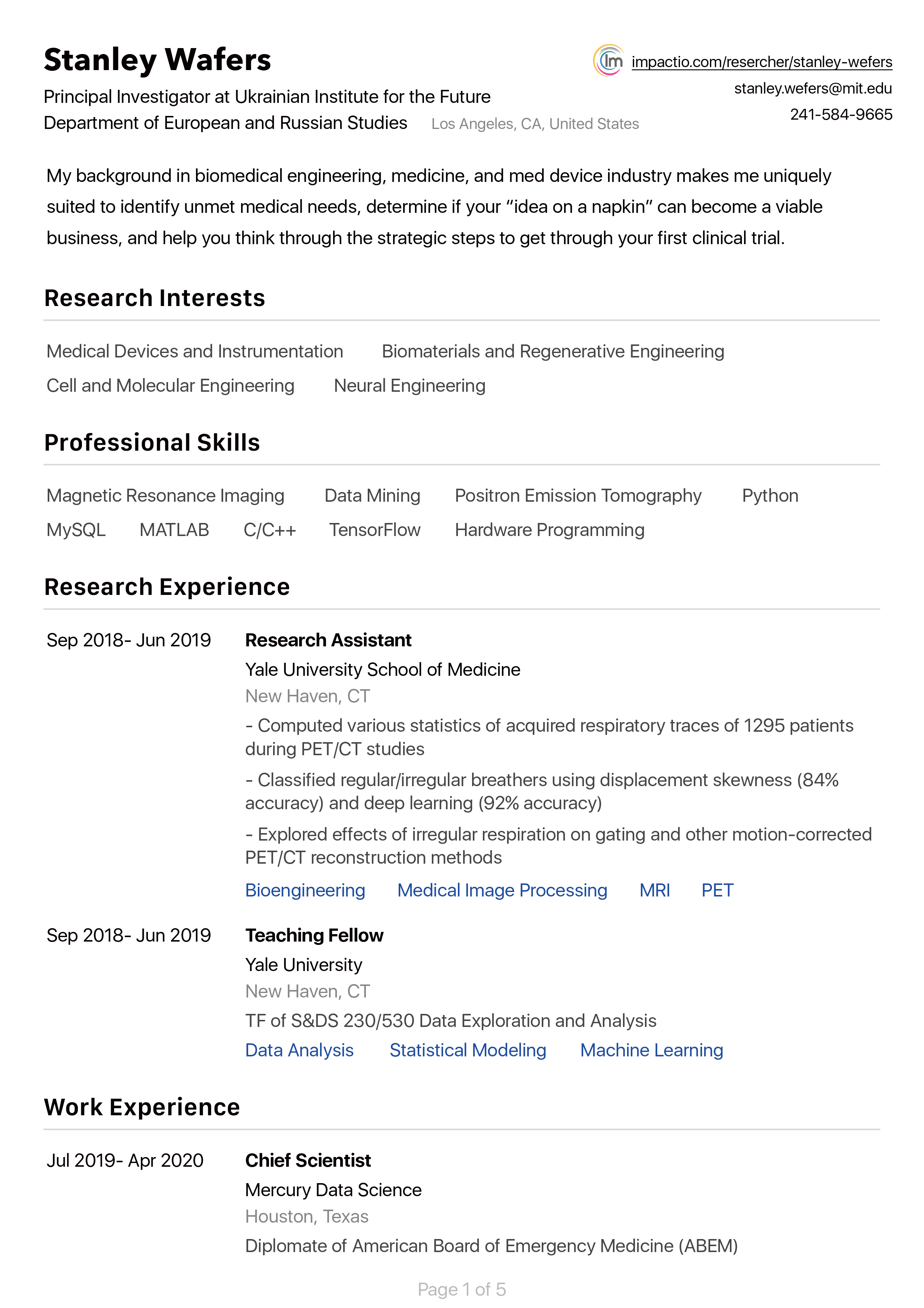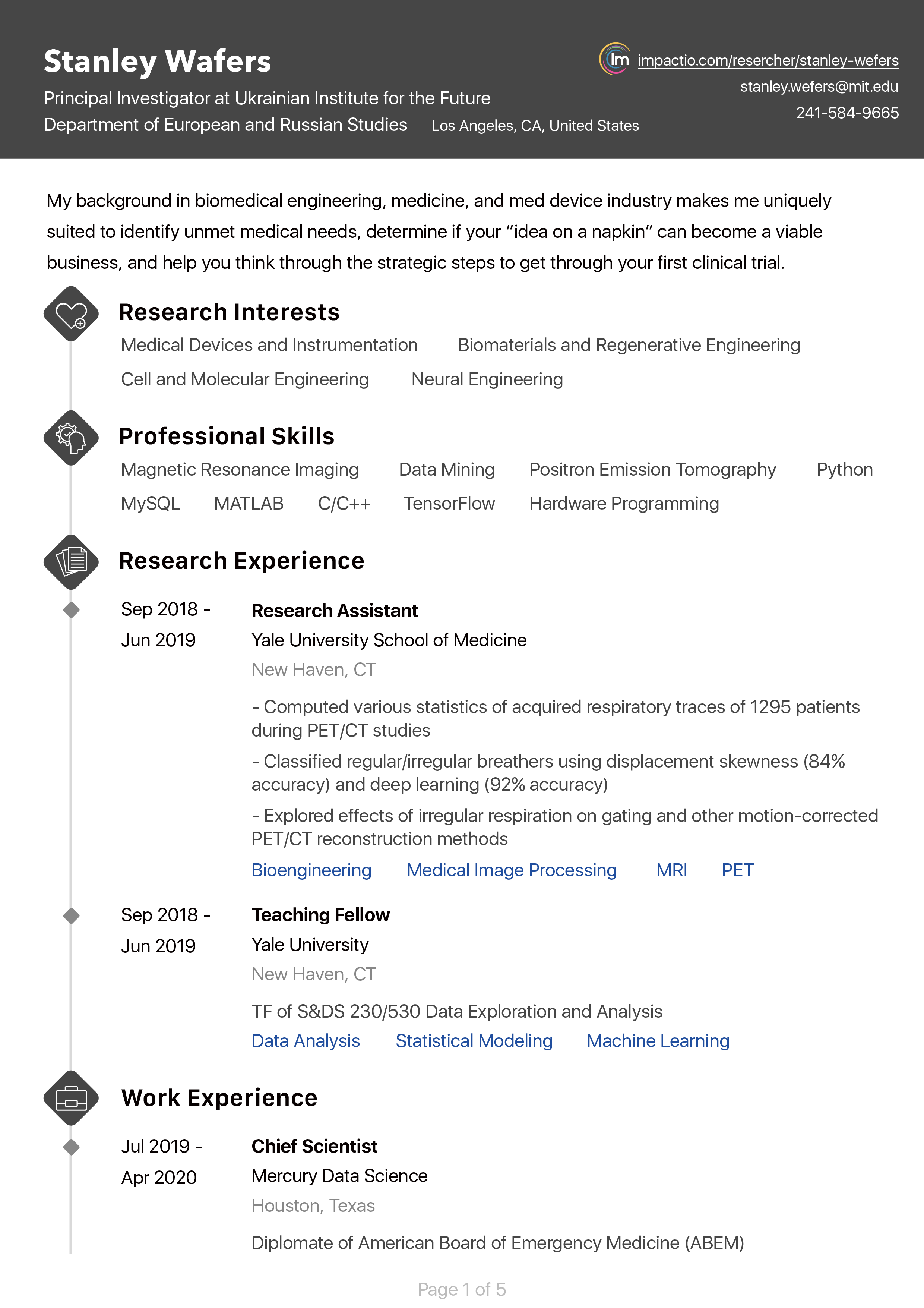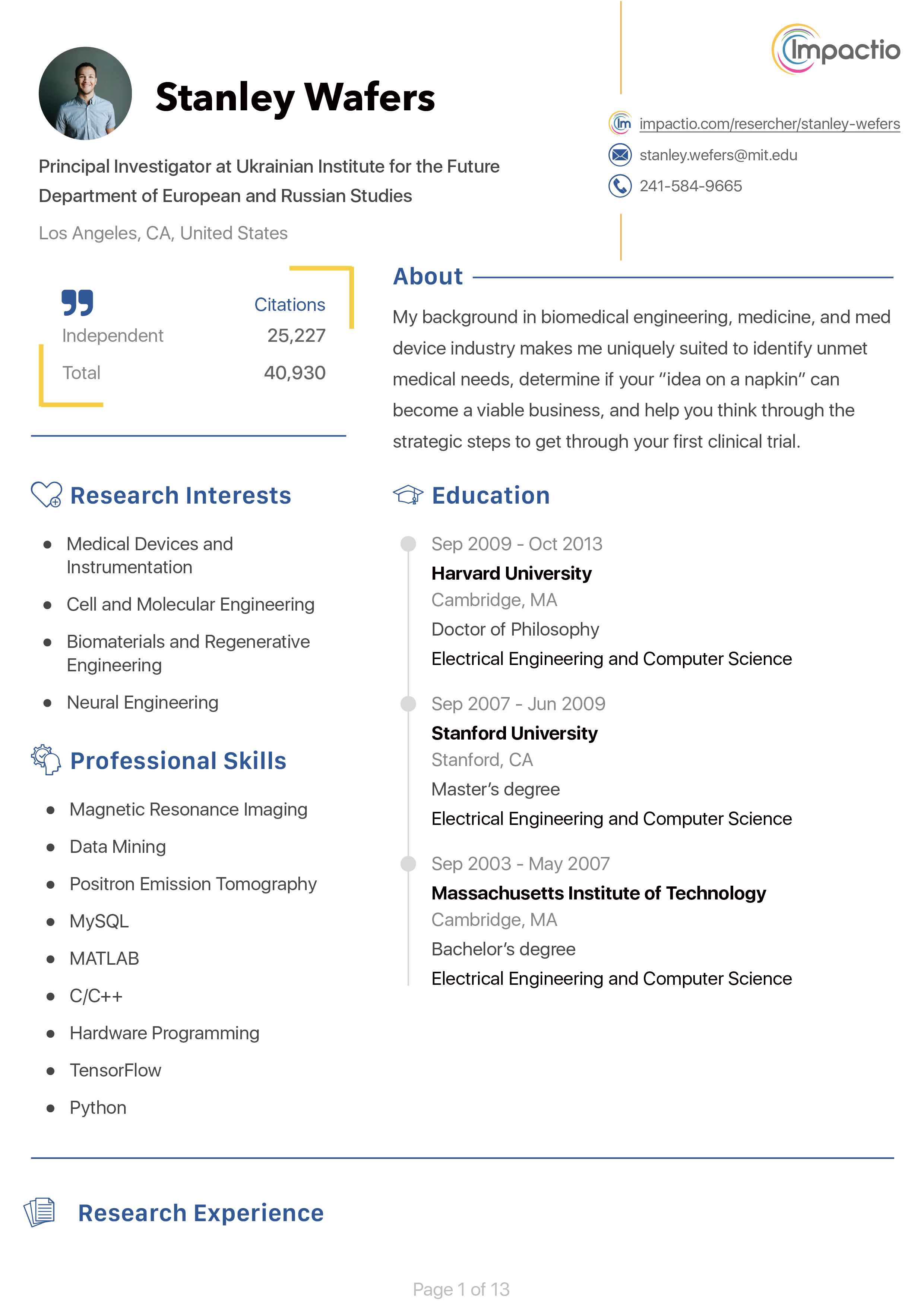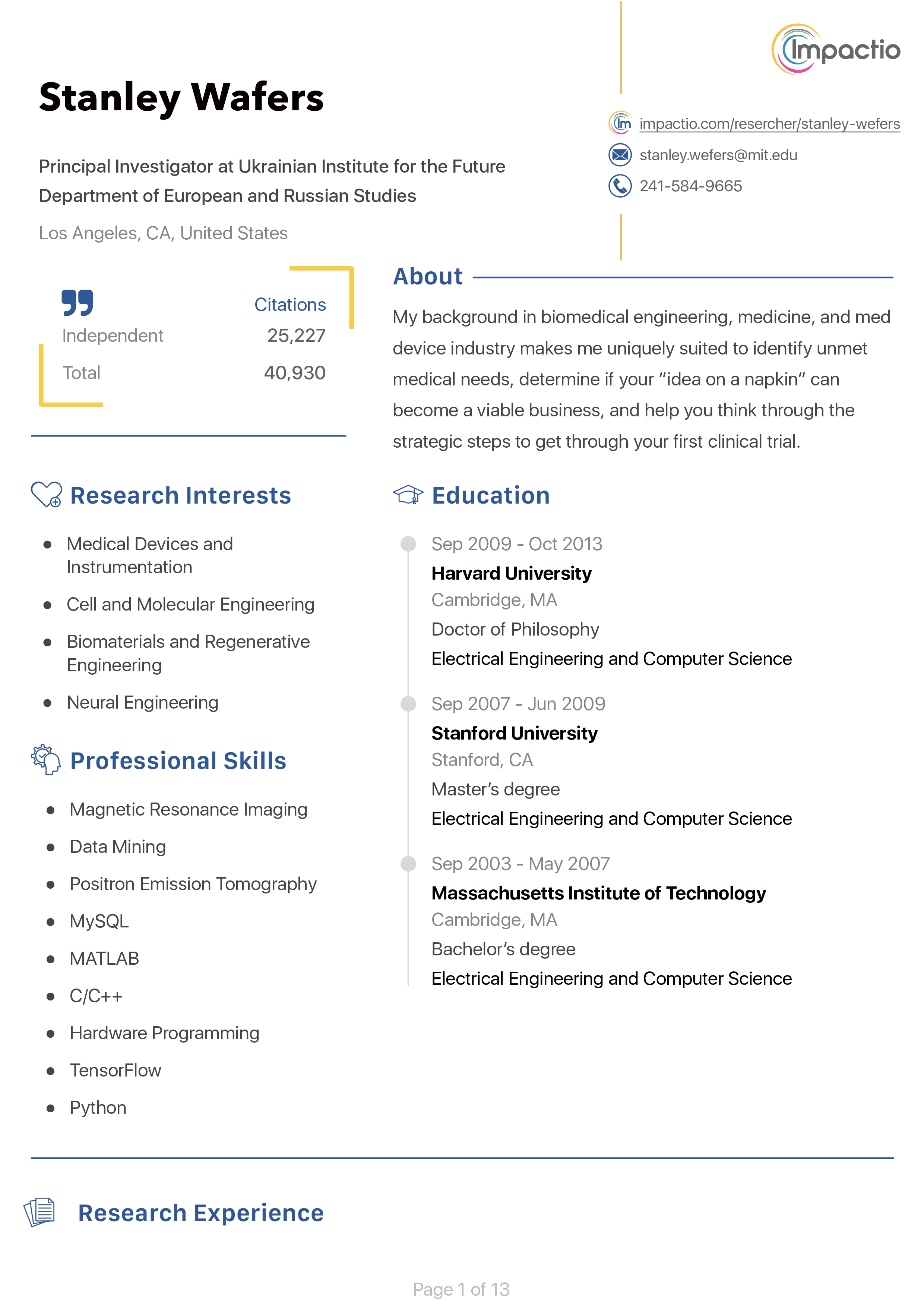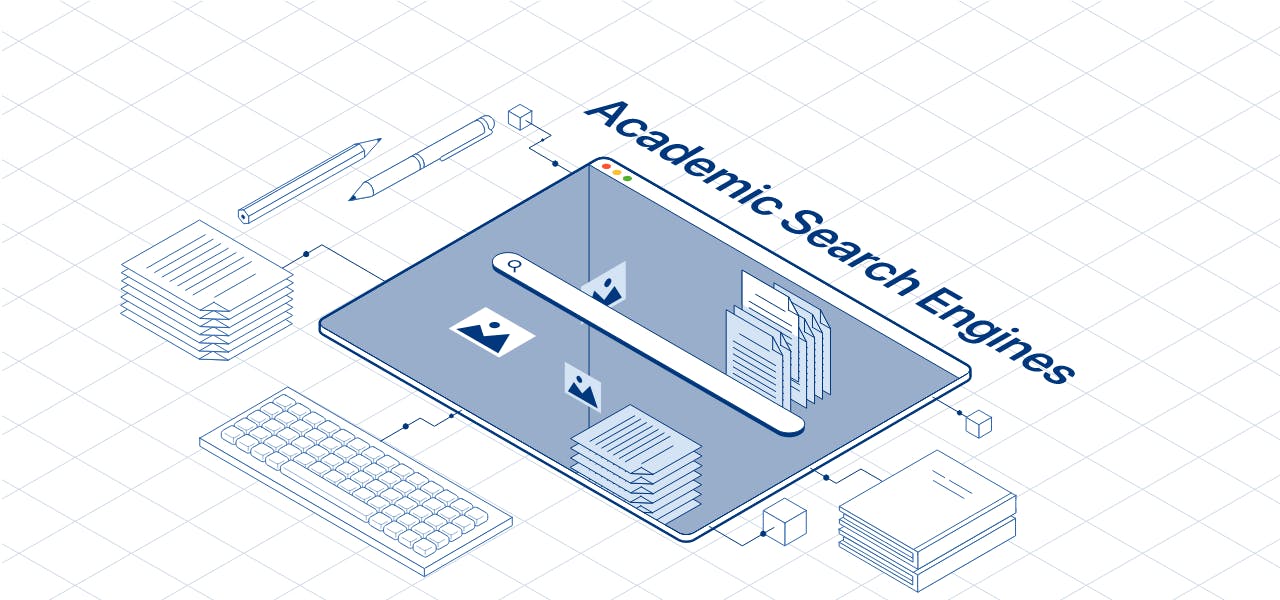Mechanical Testing
Material Characteristics
Material Characterization
Materials Processing
Mechanical Behavior of Materials
Materials
Mechanical Properties
Microstructure
Advanced Materials
SEM Analysis
Assistant Lecturer
Federal University of Technology, Akure
July 2012 - Present
Assistant Lecturer
Federal University of Technology, Akure
July 2012 - Present
Assistant Lecturer
Federal University of Technology, Akure
July 2012 - Present
Assistant Lecturer
Federal University of Technology, Akure
July 2012 - Present
PhD Student
Kocaeli University
September 2012 - November 2016
PhD Student
Kocaeli University
September 2012 - November 2016
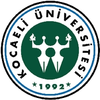
Kocaeli University
Sep 2012 - Sep 2016
Welding Engineering Technology
Kocaeli University
2012 - 2016
Welding Engineering Technology
Kocaeli University
2012 - 2016
Welding Engineering Technology

Federal University of Technology, Akure
Sep 2010 - Jul 2012
Mechanical Engineering
Federal University of Technology, Akure
2010 - 2012
Mechanical Engineering
Federal University of Technology, Akure
2010 - 2012
Mechanical Engineering

Federal University of Technology, Akure
Sep 2003 - Aug 2008
Mechanical Engineering
Federal University of Technology, Akure
2003 - 2008
Mechanical Engineering
Federal University of Technology, Akure
2003 - 2008
Mechanical Engineering
Scholarship
Oct 2012
Turkish Government Scholarship
Scholarship
Sep 2007
Ondo State Government Scholarship (2005-2007)
[Materials] Special Issue "Underwater Processing of Materials" IF=3.057
Dear Colleagues,
Technological processes implemented in the water environment include the manufacturing and processing of engineering materials and giving them specific properties. The first group consists of processes carried out underwater out of necessity, when there is no technical possibility to lift the structural elements above the water surface or it is economically unjustified. In this case, water is an environment that generates serious technological and metallurgical problems (structural changes, cracking, porosity, stress, deformation). These processes include, for example, welding (arc, laser, adhesive bonding), cutting and coating, surfacing, and thermal spraying. On the other hand, the physicochemical properties of water can be attractive and used, e.g., to promote specific properties of materials. Typical processes that use water in this way are, e.g., friction stir welding, plasma cutting, laser remelting. The practical application of underwater technologies inextricably requires the development of techniques for testing the quality of processed materials and advanced automated and robotic applications, which enable operations in difficult conditions, e.g., at great depths or in conditions harmful to health.
Since the demand for materials and technologies, including design and control of mechanized and robotic systems used in the water environment, is still increasing significantly, experimental and simulation studies are an important factor contributing to their wider use.
The purpose of this Special Issue is to present the latest developments in the field of processing of materials in a water environment, especially in offshore and nuclear plant structures. This includes technologies of manufacturing, properties, degradation, failures, protection, maintenance and repairs, joining, and cutting of materials. The scope of this Special Issue mainly covers issues focused on assessing the influence of the environment and technology on the behavior of materials underwater and in other similar environments. We would like to invite scientists and industrial engineers to submit original research articles and reviews related to any of the topics mentioned above. The deadline for manuscript submissions is 31 December 2021.
The Special Issue will cover but not be limited to the following topics:
- Coatings and films used as protection for offshore and nuclear plant structures;
- Degradation and failures of offshore and nuclear plant materials;
- Hydrogen embrittlement;
- Underwater repair processes;
- Underwater welding (wet welding, local dry cavity welding; dry hyperbaric and isobaric welding);
- Underwater adhesive bonding,
- Underwater cutting;
- Underwater friction stir welding;
- Underwater explosion welding;
- Underwater surfacing;
- Underwater laser treatment;
- Underwater welding arc stability;
- Underwater nondestructive inspection and testing;
- Modeling and simulations of underwater joining and cutting processes;
- Design and control of mechanized and robotic systems for underwater processes.
Prof. Dr. Dariusz Fydrych
Dr. Jacek Tomków
Guest Editors
https://www.mdpi.com/journal/materials/special_issues/underwater_processing_materials
FSP/FSW of Al/Mg-Mg2Si cast composite
1- Dissimilar FSW between Al-Mg2Si composite and Al6061 alloy
2- Mechanical and Tribological properties of Multi pass friction stir processed Al-Mg-Si composite
3-Corrosion behavior of Friction Stir Processed Al-Mg2Si composite
4- High-Temperature Wear behavior of Friction Stir Processed Al-Mg2Si composite
5- microstructure and mechanical properties of friction stir processed Mg-Mg2Si composite
Modified Friction Stir Clinching (MFSC) of AA2024 to AA6061 and AA2024 to AA7075
1-The elimination of keyhole defect during FSSW.
2- Achieving higher strength in comparison to the conventional FSSW process and ...
Friction stir welding of steel
System automation and design
smart maintenance system
Weld nugget reinforcements
Brake pad development
Fibre laser welding of aluminum
Realted Researchers
